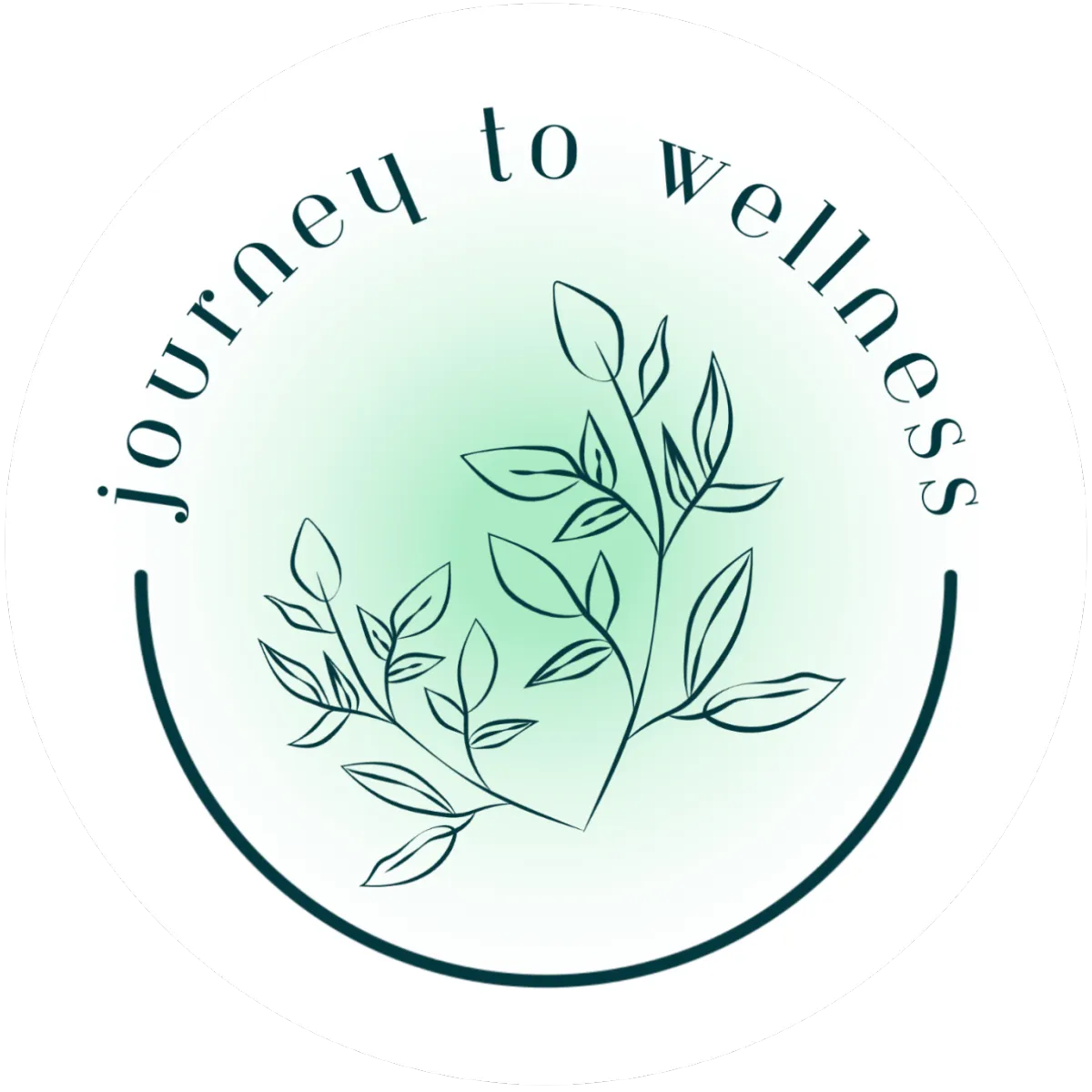Blog

How Your "Quarantinis" May Lead to Health Problems Down the Road cancer
Alcohol consumption has been rising since the mid-90s but since the onset of the pandemic, alcohol consumption has risen significantly more. This significant increase is likely due to boredom, easy access from being home more, stress, or some combination of these three factors. The National Institute for Alcohol Abuse and Alcoholism (NIAAA), a part of the NIH, defines a standard drink as 12 ounces of beer, 8-9 ounces of malt liquor, 5 ounces of wine, or 1.5 ounces of liquor aka a “shot.” The NIAAA defines moderate drinking as 2 drinks or less per day for men and 1 drink or less per day for women. Heavy drinking is 14 or more drinks per week for men or 7 or more drinks per week for women. Binge drinking is 5 or more drinks in 2 hours for men or 4 or more drinks in 2 hours for women. According to Alcohol.org, you are an alcoholic if you meet 2 of 11 criteria within the same 12-month period.
Consumption of alcohol can have many negative health implications including increasing your risk of developing cancer. The type of alcohol you drink does not change your cancer risk because the cancer-causing substance ethanol is in all types of alcohol. The more alcohol you consume, the greater your risk of developing certain cancers. These cancers include head and neck, esophageal, breast, liver, and colon cancer. While the exact mechanism of how alcohol causes cancer is unknown, the National Cancer Society lists the following possible hypotheses:
1. Ethanol is metabolized in the liver into acetaldehyde, a toxic chemical and likely carcinogen. Acetaldehyde can damage proteins and DNA. Additionally, candida (yeast) which many people have in their gut, gives off acetaldehyde and this is made worse by the alcohol and sugar/carbohydrate that feed the yeast. But that’s a topic for another blog.
2. Alcohol may create reactive oxygen species (ROS) which are highly chemically active molecules containing oxygen. During oxidation (this is what causes rusting), these ROS can damage fats, proteins, and DNA.
3. Alcohol can increase estrogen levels. Estrogen plays a role in the growth and development of breast tissue and elevated levels of estrogen are associated with an increased risk of hormonal cancers. Estrogen makes things grow (breast, endometrial lining, babies).
4. The body’s ability to break down and absorb certain nutrients associated with a decreased cancer risk may be impaired by alcohol thus putting you at an increased risk of developing cancer.
For cancer patients going through treatment, alcohol can make already difficult side effects worse. Common side effects from treatment aggravated by alcohol consumption include mouth sores, pain with swallowing, and diarrhea. There is no clear consensus if alcohol consumption increases the recurrence of cancer, but hypothetically, it is sugar and sugar feeds cancer. (That too is a subject for another blog.) Cancer.gov, states that alcohol can increase the risk of developing secondary cancers.
As a naturopathic doctor training in oncology, I have been training with Dr. Cynthia Bye, ND, FABNO (Fellow of the American Board of Naturopathic Oncology) who is the only FABNO practicing in southwest Washington and has been working primarily with cancer patients for 20 years. I investigate all possible causative factors by taking a “head to toe” approach where I spends a significant amount of time delving into a patient’s history and connecting the dots that increase the risk of cancer. Cancer is a multifactorial process and alcohol consumption is just one of the multifactorial cancer causes that I address. Once I have identified causative factors, I work with her patients to treat the things that allowed cancer to grow. Additionally, I help patients going through cancer treatment with well-researched protocols that reduce side effects, without interfering with the treatments, and tie up circulating tumor cells to reduce the risk of metastasis. It is important to work with someone who is trained in complementary oncology as many things can interfere with treatment. This can be dangerous if you do not know what you are doing. Some herbs and supplements can reduce the effectiveness of the treatment and make side effect effects worse. Finally, I help cancer patients recover from treatments and with them to minimize the driving factors of cancer to reduce recurrence rates for those with no evidence of disease or slow down the cancer process for those that still have residual disease.
The CDC recommendations only drinking in moderation (as defined above). If you are someone who drinks, decreasing your consumption or discontinuing alcohol use decreases one of the risk factors for cancer. We tell each patient that they are the only person in charge of their health, and it is never too late to take proactive steps improve their health. Dr. Bausch helps you to take charge of your health, helps you navigate the cancer treatment process, and take care of the vehicle through which you experience your life…you only get one. Those who participate in their cancer care have better outcomes.
Yours in Health,
Dr. Charissa Bausch
Facts about moderate drinking. (2020, December 29). Retrieved April 26, 2021, from https://www.cdc.gov/alcohol/fact-sheets/moderate-drinking.htm
Alcohol and cancer risk fact sheet. (n.d.). Retrieved April 26, 2021, from https://www.cancer.gov/about-cancer/causes-prevention/risk/alcohol/alcohol-fact-sheet#what-is-the-evidence-that-alcohol-drinking-can-cause-cancer
Alcohol facts and statistics. (n.d.). Retrieved April 26, 2021, from https://www.niaaa.nih.gov/publications/brochures-and-fact-sheets/alcohol-facts-and-statistics
What is alcoholism? Find alcohol addiction treatment. (n.d.). Retrieved April 26, 2021, from https://www.alcohol.org/alcoholism/

